Estimated reading time: 7 minutes
Ever watched your dog walk around and poop multiple times in a row? Have you noticed your dog walking and pooping at the same time? Does he go potty so much that sometimes you run out of poop bags?
In this article, we’ll explore the reasons why your dog poops so much on his walks, and what you can do about it.
Key Points
Understanding the Basics of Dog Digestion
From puppies to older dogs, each has a unique digestion process. As a dog owner, you may not find it particularly appealing, but it’s crucial to keep an eye on your dog’s poop as it can tell you a lot about his health. To comprehend why your dog may poop so much on walks, we first need to understand the fundamentals of dog digestion.
When your furry friend gulps down his dog food, it doesn’t just vanish into thin air. The food goes through a complex process where it is broken down, nutrients are absorbed, and waste is excreted. This journey, from meal to poop, can take anywhere from 10 to 48 hours. And yes, the act of walking can indeed stimulate this process.
How does this happen? The physical activity of walking gets your dog’s gut moving. It’s like shaking a bottle – everything inside it starts swirling around. This stimulation could prompt your dog to poop. For many dogs, a burst of activity like going for a walk is enough to kick-start their digestive system and lead to them pooping more frequently.
But what if it seems like your dog walks and poops more than he should? Is it normal for your dog to poop multiple times per day? If your dog isn’t showing signs of constipation or diarrhea, is it cause for concern?
Possible Reasons for Increased Dog Poop During Walks
Exercise
Remember how we talked about walking stimulating your dog’s gut? That’s the first point to consider. Exercise can stimulate bowel movements, so the simple act of walking might cause your dog to poop.
Territory Marking
Dogs are territorial creatures. You might have often noticed your dog walking around in circles before finding that “perfect” spot to do their business. This is because dogs use their stool (and pee) as a way to mark their territory. This behavior is especially common in male dogs.
Emotional Responses
Just like humans, dogs can have emotional responses that affect their bowel movements. Your pup may poop more when they are excited or nervous. So, if your dog seems to poop a lot when you’re out in the park, it could be all the excitement triggering the extra poop.
Dietary Factors
What your dog eats significantly impacts how much they poop. High-quality dog food will be more completely digested by your dog’s system, resulting in less waste. In contrast, a diet filled with fillers can lead to more frequent bowel movements. If you notice a sudden increase in your dog’s pooping, you may want to take a look at what they’re eating.
Health Issues
Sometimes, excessive pooping can be a sign of underlying health issues. Conditions like inflammatory bowel disease, parasites, or allergies can cause your dog to poop more frequently. If you notice any drastic changes in your dog’s stool or their pooping habits, it might be time to take your dog to the vet.
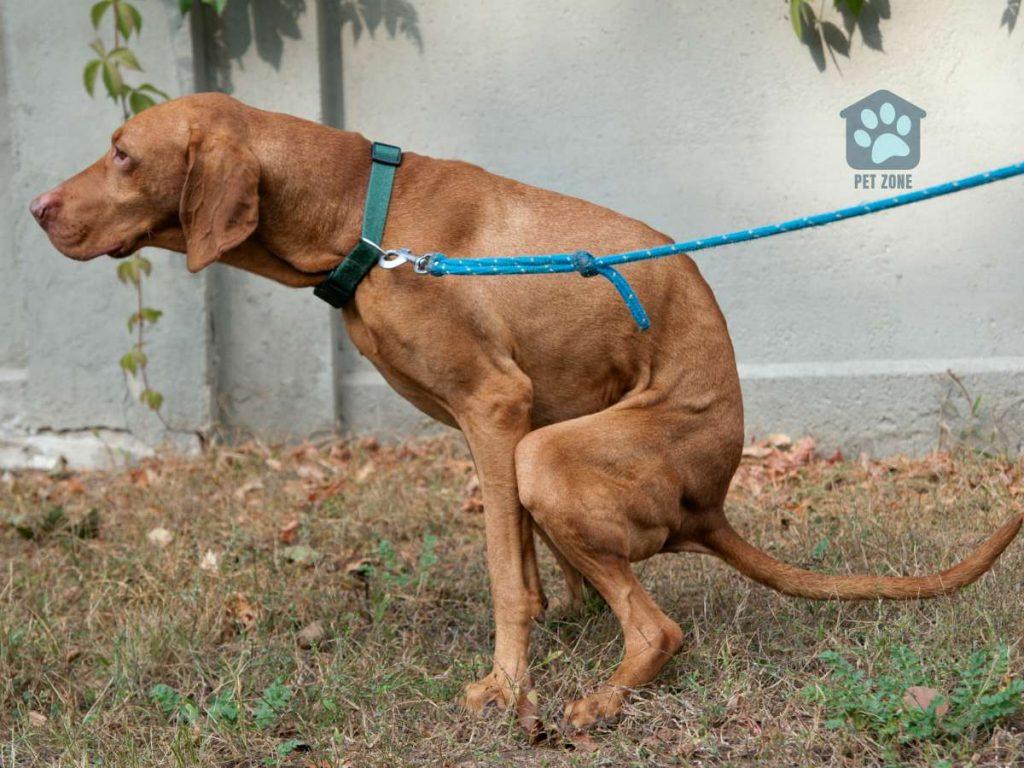
How to Manage Excessive Pooping
Maintain a Regular Walking Schedule
Consistency is key when it comes to walking your dog. Sticking to a schedule can help regulate their bowel movements and reduce the number of times they poop on a walk. Try to aim for at least one walk after each meal.
Check Their Diet
As we mentioned before, the quality of your dog’s food can impact their poop. Consider consulting with your vet to make sure your dog is on a diet that’s not just nutritious but also helps manage their bowel movements.
Training
You can train your dog to poop at home before the walk, reducing the amount of poop on the walk itself. This might require some patience and consistency, but it’s definitely doable. Reward them each time they poop at home to reinforce the behavior.
Consult a Vet
If you notice any drastic changes in your dog’s pooping habits, or if they’re showing signs of discomfort or distress, it’s always best to consult a vet. Don’t hesitate to ask your vet if you have any concerns about your dog’s poop or their health in general.
Frequently Asked Questions
This can vary greatly depending on your dog’s diet, age, and health. Generally, most dogs will poop one to two times per day, and this often happens on their walks.
However, it’s not uncommon for a dog to poop more if they’re on a long walk or have had a change in diet.
Remember, as long as your dog isn’t showing any signs of discomfort and their stool looks normal, frequent pooping on walks is typically no cause for concern.
Training your dog to poop before walks can be an effective solution. Start by creating a consistent feeding and walking schedule. This can help regulate their bowel movements.
Encourage your dog to go to the bathroom at home before you leave for your walk and reinforce this behavior with treats or praise.
However, completely eliminating poop on walks may not be realistic or healthy for your dog, given that exercise naturally stimulates bowel movements.
Changes in your dog’s stool consistency can be due to a variety of factors. These might include dietary changes, stress, or underlying health issues like intestinal parasites or food allergies.
If your dog’s stool is consistently sloppy during walks, it’s worth discussing this with your vet to rule out any potential health concerns.
Dogs pooping multiple times in a row on walks can be attributed to the physical activity stimulating their digestive system. It’s also possible your dog is using their poop to mark their territory, which is a common canine behavior.
However, if the stool is loose or if your dog appears to be straining, it’s a good idea to consult with your vet as this could be a sign of a health issue.
Conclusion
From the excitement of exploring new smells to marking territories and the physical effect of exercise, there are multiple reasons why your dog might poop so much on walks. It’s a normal part of being a dog, and understanding this behavior can help you as a dog owner to better care for your canine companion.
Remember, it’s all about observing and understanding your dog’s unique habits. If there’s a sudden change in their bowel movement patterns or if you notice anything unusual about their stool, never hesitate to consult with your vet. It’s always better to be safe when it comes to the health of your faithful friend.
As an Amazon Associate I earn from qualifying purchases.


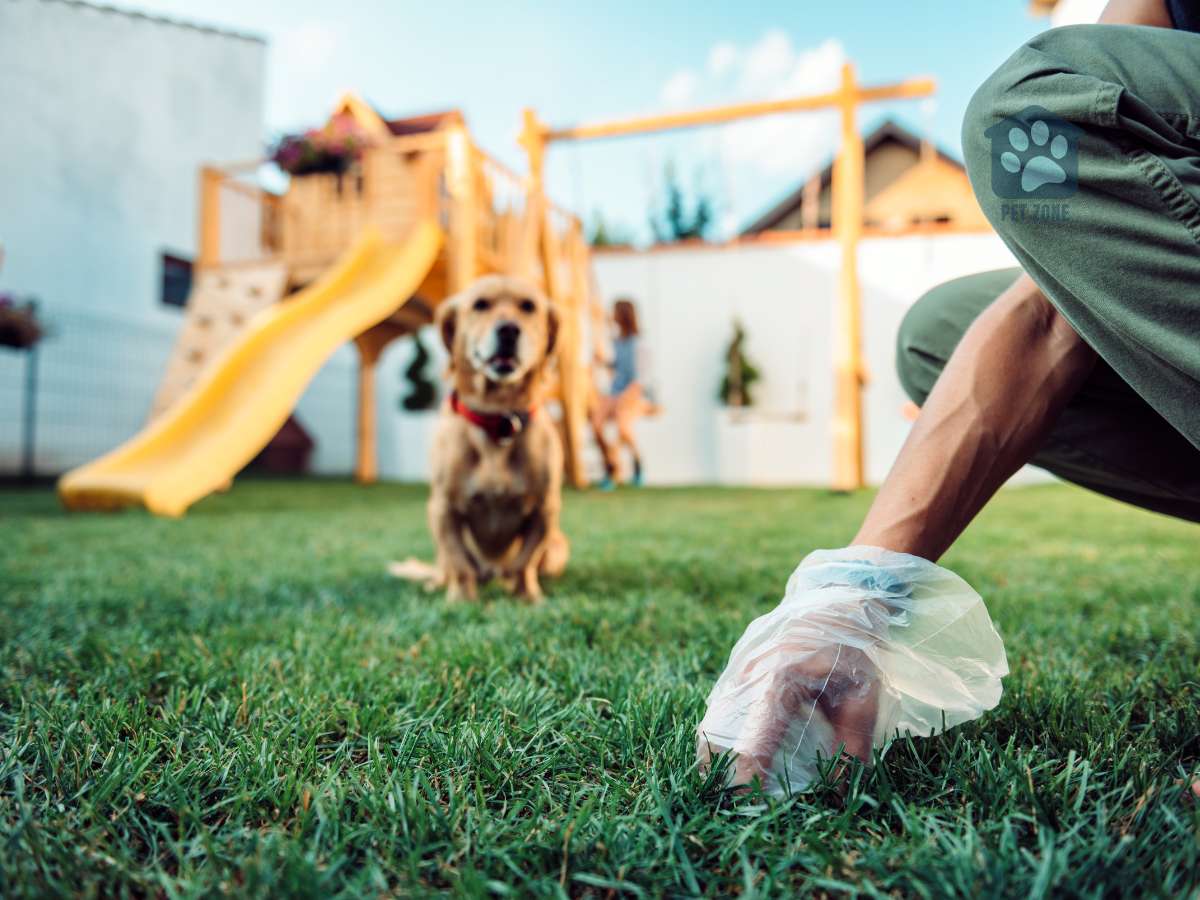
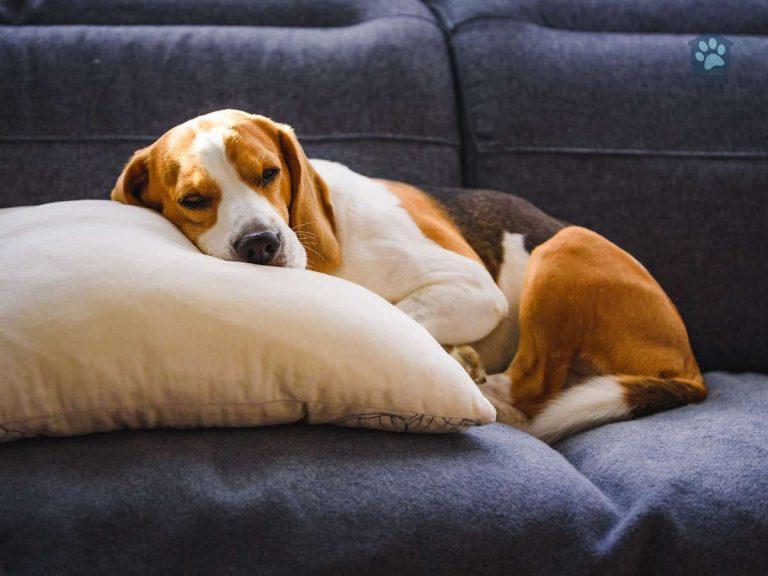
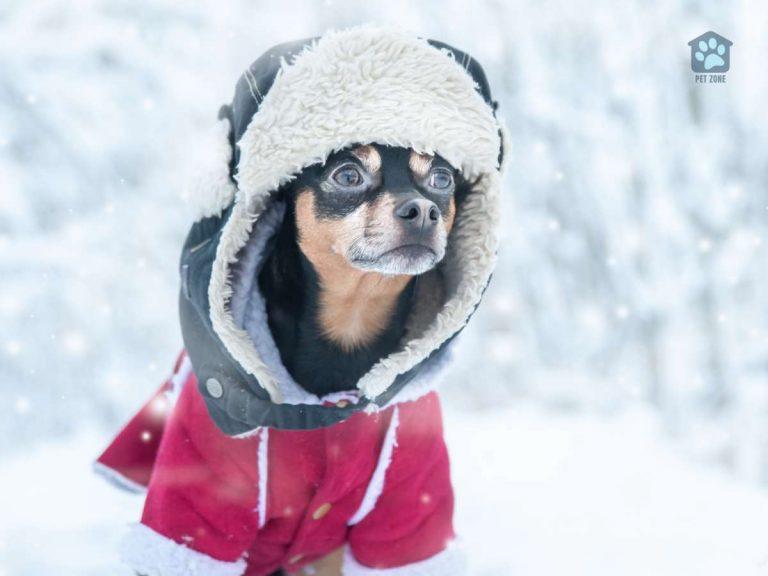
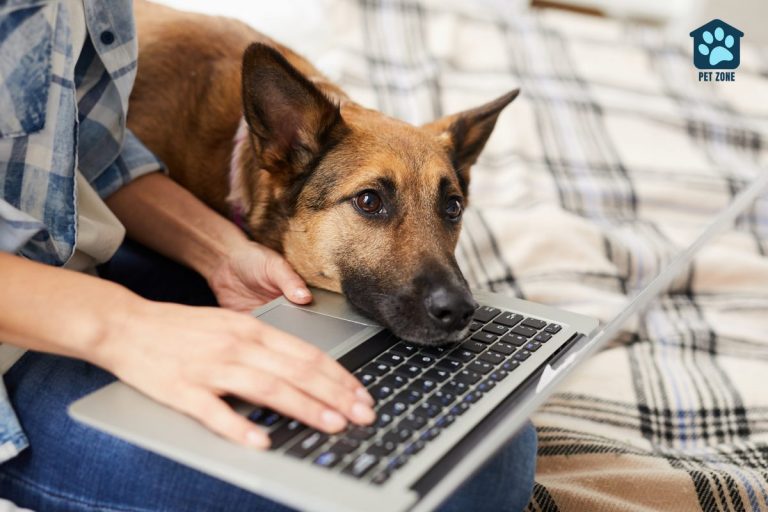
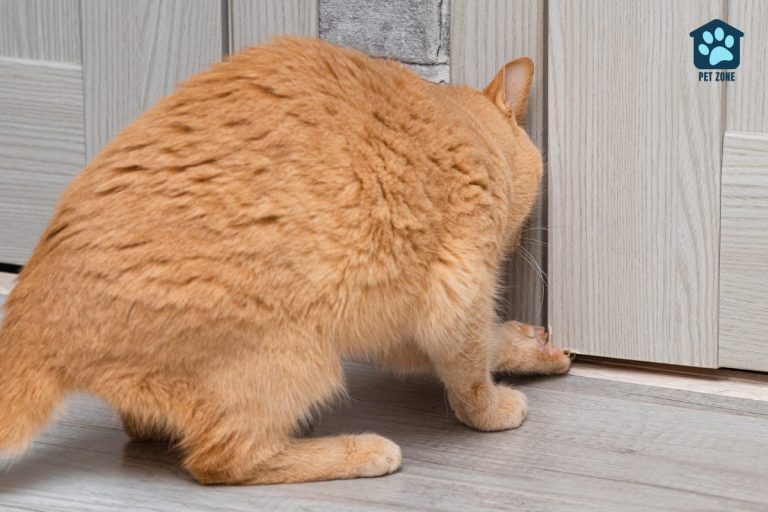
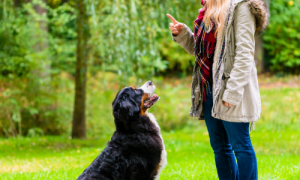
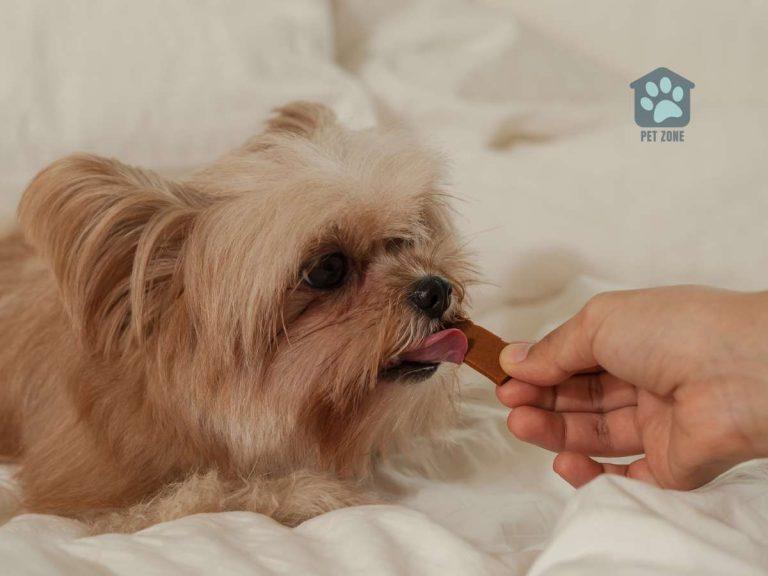
As a pet parent – I’ve wondered why my pup poops so much on walks. Great and interesting article with helpful tips and insight.